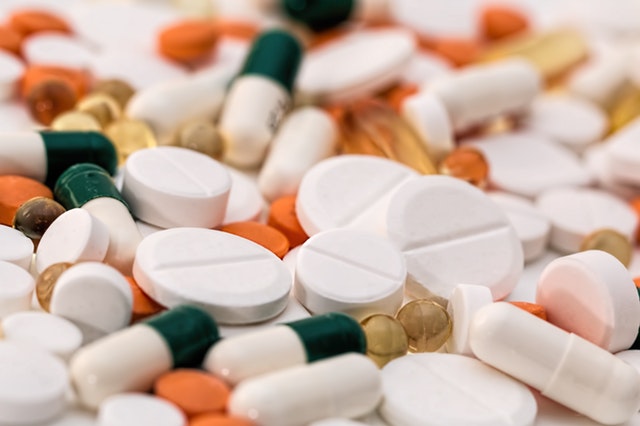Get Involved At Home
Grow your own food
Growing your own food is a great way to save money and introduce nutritious homegrown produce into your diet. You can easily grow a variety of fruits and vegetables in your own back garden while educating the family on the importance and value of food production.
Visit the Grow It Yourself (GIY) website for loads of helpful tips. GIY is a social enterprise dedicated to supporting you to grow food at home, in school, in work, or in the community.
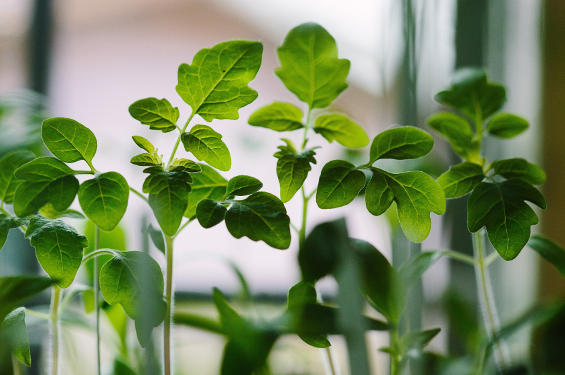
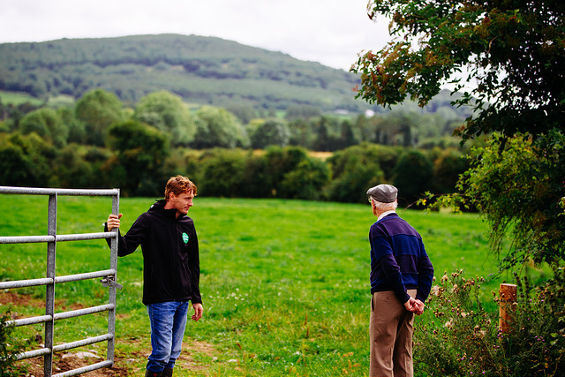
Choose sustainably produced food
Where possible, choose food and drink products that have been produced in Ireland. Opt for products that have Bord Bia Quality Assurance mark or have Origin Green membership in place.
This will ensure the product is of a high quality and produced in a sustainable manner. It also supports local farmers and food producers. Find out more about Bord Bia's Assurance Schemes.
Support local and seasonal
Farmers markets are a great way to source local and seasonal produce. It gives you the opportunity to learn about the food you eat and where it comes from. Visit our website for a list of Farmers Markets throughout Ireland.
Visit Best In Season, a Bord Bia initiative, to find details on the seasonality of numerous fruits, vegetables, herbs and salads.
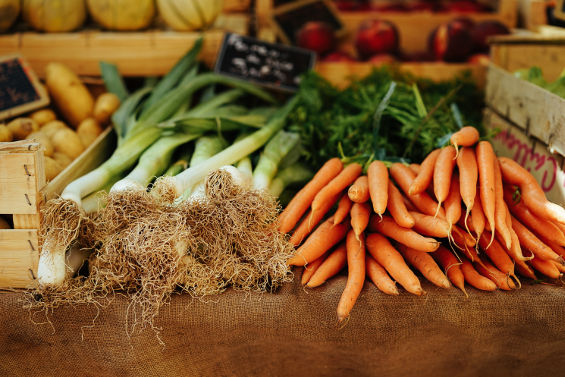

Reduce and recycle waste
A good segregation system is key to implementing a waste recycling process in your home. Proper segregation will ensure the right waste material is put in the right bin.
To reduce food waste, make a shopping list and stick to it. Buy fruit and vegetables with no unnecessary packaging, and where possible, buy in bulk to cut down on waste.
The EPA has a comprehensive section on reducing waste at home. To discover how to recycle your electronic waste correctly, visit the WEEE website.
Move away from disposable items
Instead of purchasing plastic/paper bags every time you do a food shop, invest in a few eco-friendly reusable bags. Also, if you own a car, ensure you have bags stored away in your boot for unexpected food shops.
For lunches, use reusable lunch boxes rather than cling film or tin-foil. Investing in a reusable coffee cup can cut down on disposable plastic cups and might lead to a reduction in price through initiatives such as the Conscious Cup Campaign.
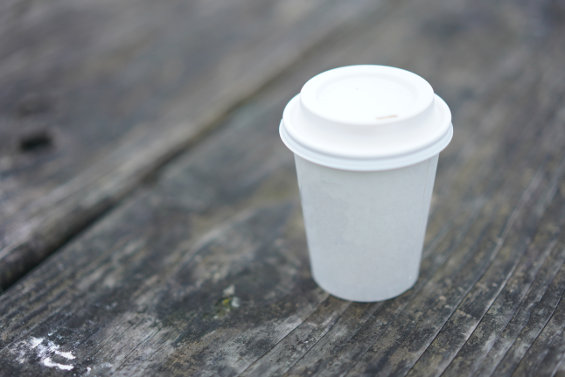
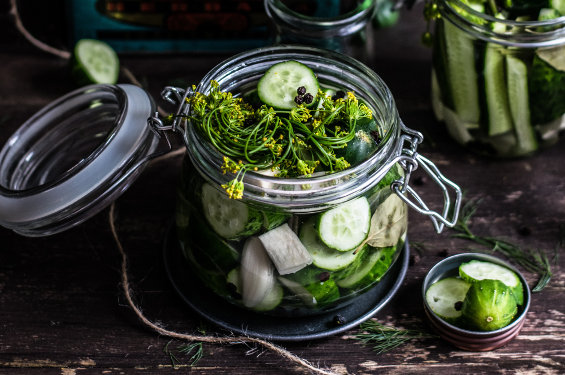
Cut down on food waste
Today, over one-third of the world’s food is lost or wasted. Much of the food waste generated in our homes could be avoided through mindful buying, storing, cooking, freezing and the reusing of food.
StopFoodWaste is an initiative run by the Environmental Protection Agency (EPA). Here you will find lots of information, tips, and tricks related to the storage, cooking, reuse, and preserving of a wide range of foods including fruit, veg, meat and poultry, bread, and dairy.
Conserve energy and water
Conserving energy and water at home is not only good for the environment but will help reduce your monthly utility bills.
Make the most of natural daylight in your home, and when leaving a room be sure to switch off lights. If you are not using appliances, switch them off. The Sustainable Energy Authority of Ireland (SEAI) offers a range of tips to reduce energy in your home. Visit their website to learn more.
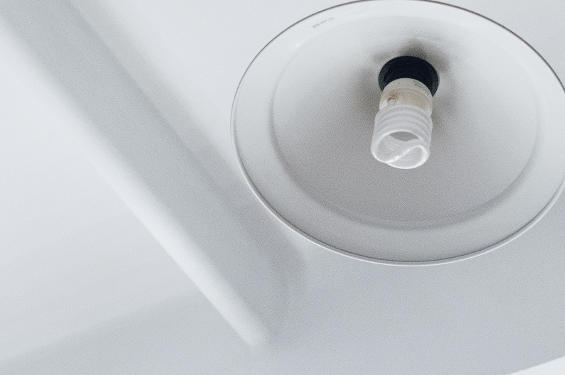
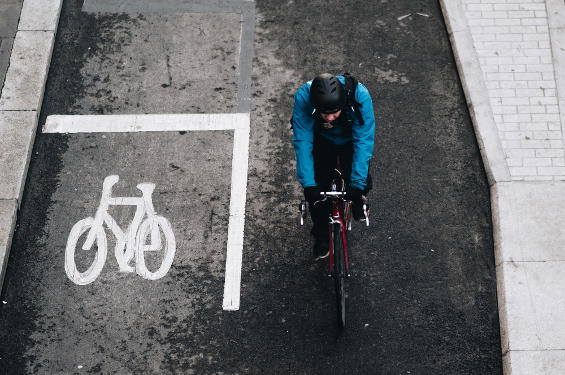
Walk, cycle, carpool, or use public transport
If possible, walk or cycle to work or school. This benefits the environment while contributing to your daily exercise. Why not carpool with colleagues or use public transport, this will take unnecessary car journeys off the road and reduce traffic.
The government has generous public transport tax saving schemes - visit taxsaver.ie for more information. If you are interested in cycling to work, take advantage of the government’s bike to work scheme. For more information, visit the Citizen's Information - Cycle to Work webpage.
Your Role Matters in the Fight Against Antimicrobial Resistance
Antimicrobial resistance (AMR) occurs when microbes such as bacteria found in humans, food and animals have grown resistant to antimicrobial drugs such as antibiotics. When this happens, antimicrobial drugs are no longer effective in fighting infectious disease. Scientists warn that due to the misuse of antimicrobials, antimicrobial resistance is growing and poses a serious risk to human and animal health. Watch this video from the FAO to learn more.
In order to play your part at home, simply remember the 3 R’s to Reduce, Replace and Rethink your antimicrobial usage. For further information about the role you can play click here to visit the World Health Organization’s dedicated website.
